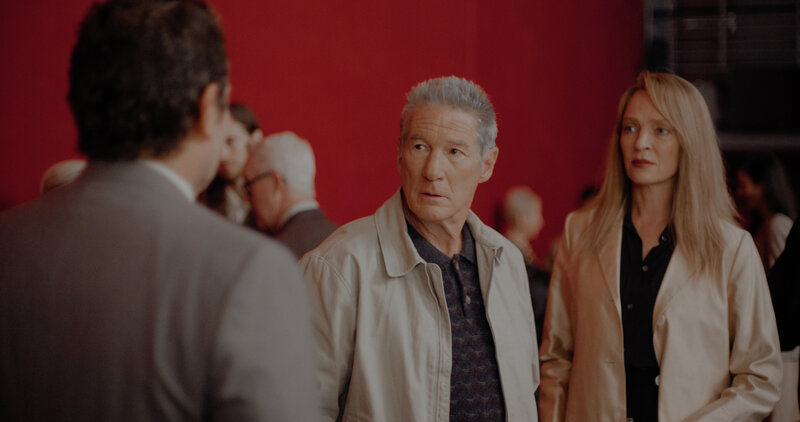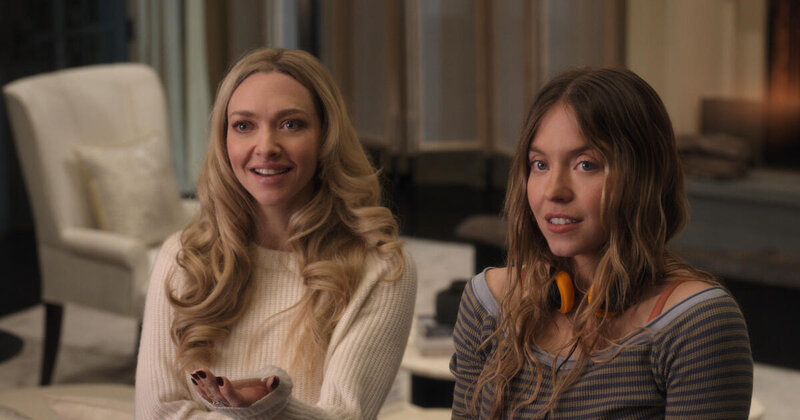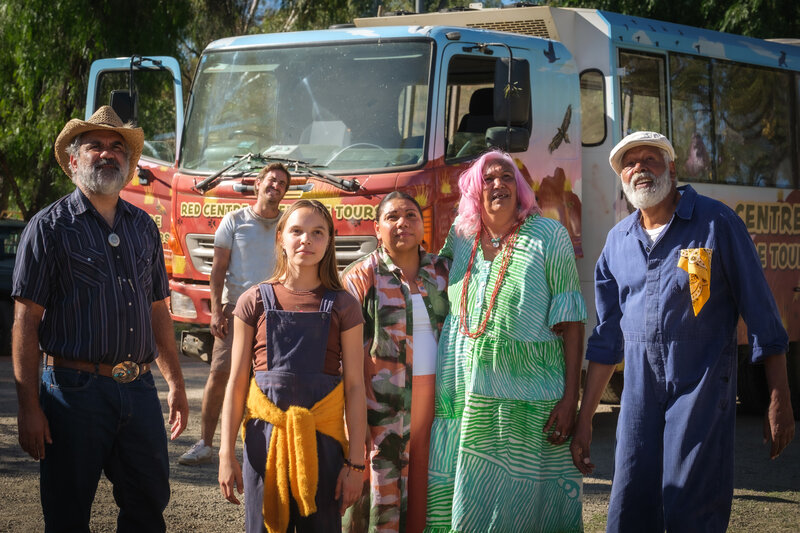Oh, Canada is a confessional … a reckoning for a dying man. Writer and director Paul Schrader collaborated with actor Richard Gere 45 years ago on American Gigolo and it has taken them this long to reunite. Gere plays feted Canadian documentary filmmaker Leonard Fife at the end of his life, while Jacob Elordi is him in his younger adult years.

For the past three decades, Fife has been married to and worked alongside his former student Emma (Uma Thurman). The older Fife agrees to an extended sit-down interview with another former student, Malcolm (Michael Imperioli). His one condition is that his wife is by his side throughout. In his ailing state, she is far from convinced that the interview is in his best interests, but he insists on unburdening himself. Further, she believes that she knows all there is to know about him, but as the interview will unveil there is much of his earlier life she knows little or nothing about. It makes for painful listening for her, let alone the fact that he is in constant pain while his history unfolds.

Fife points to draft dodging (leaving his native USA for Canada), a previous marriage, a child he deserted and to infidelities. In so doing, he harks back to the 1960s and the Vietnam War era. So, there are dark secrets and horny truths. There is much not to be proud of. He is not looking to be mythologised for his successes, rather to be held to account to his failures. It is evocative, contentious and less than savoury. As Fife says: “I made a career out of getting people to tell me the truth. Now it’s my turn.”

The genesis of the film was when Paul Schrader’s friend and author Russell Banks took ill. At the time, Schrader was weighing up other story possibilities, but then he realised mortality should be the subject. When he was healthy, Banks – who passed away last year – had researched and written a book about dying, titled Foregone. Banks had wanted to call it Canada, but there was a conflict in that name with another tome. That is how Foregone the book became Oh, Canada the film.

The picture is shot in four different aspect ratios to reflect varied time periods. Some memories are shown in black and white. While there is much too this movie, I wasn’t totally sold on its execution. It chops back and forth in time frequently and, on occasions, confusingly, specifically when it comes to the past e.g. Fife as an 18-year-old, 20-year-old and 22-year-old. Further, I couldn’t understand why the director sometimes felt it necessary to insert Gere in scenes involving Fife’s younger self. I found that particularly jarring. We understand early on that the older Fife is cantankerous, but labouring the point became tiresome. There were also frequent interruptions to the interview, showing Fife going to the bathroom or nodding off and so on. I felt that, too, was overdone.
Still, notwithstanding these theatrical devices, we do gradually piece together Fife’s back story, which – of course – is the whole point. But given the objective, frankly I wanted to care more about the outcome. When it comes to the acting, notwithstanding some of young Fife’s questionable choices, Elordi comes across as quite personable. Gere is the more imposing, domineering figure. Uma Thurman has a largely thankless role and isn’t stretched. In summary then, although I don’t usually have a problem with a mosaic style of filmmaking, with Oh, Canada I felt it detracted from my full appreciation of the offering.
Score: 6.5 out of 10.
Other reviews you might enjoy:

Alex First is the editor of The Blurb. Alex is a Melbourne based journalist and communications specialist. He also contributes to The Blurb on film and theatre.





